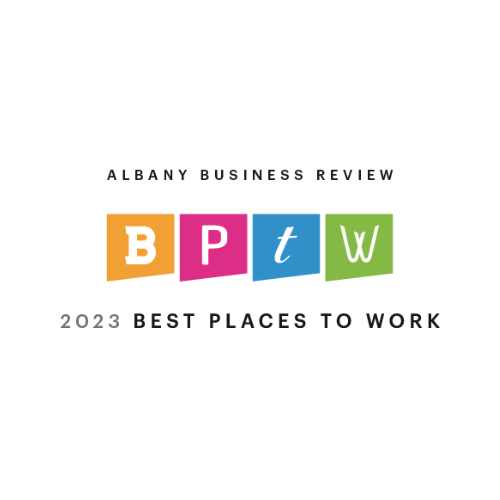Developing an effective retirement plan to meet individual savings objectives is complicated. Different rules apply to different types of plans and accounts and these rules are frequently confused and misunderstood by clients and advisors causing unexpected or negative consequences. Understanding the advantages Roth accounts have in retirement planning strategy is important, yet it is often overlooked because of the confusion and complexity. This topic will help you understand the rules regarding both Roth IRAs and Roth 401(k)s and why they should be part of your strategy. Learn how to determine who can contribute directly to Roth accounts and who needs to look for backdoor solutions. This material will also help you identify pitfalls that could jeopardize a tax-free conversion and help you ask the right questions and provide the right advice regarding the taxable portion of a conversion. In addition to exploring the rules regarding getting money into Roth accounts, we will explore the why and identify the ideal candidates for Roth investments.
Learning Objectives
-
You will be able to describe the tax consequences of distributions from traditional and Roth accounts and RMD requirements for each type of account.
-
You will be able to discuss the impact other retirement accounts have on a Roth conversion.
-
You will be able to explain how to calculate the taxable portion of a Roth conversion.
-
You will be able to recognize opportunities where Roth accounts may the best choice.




